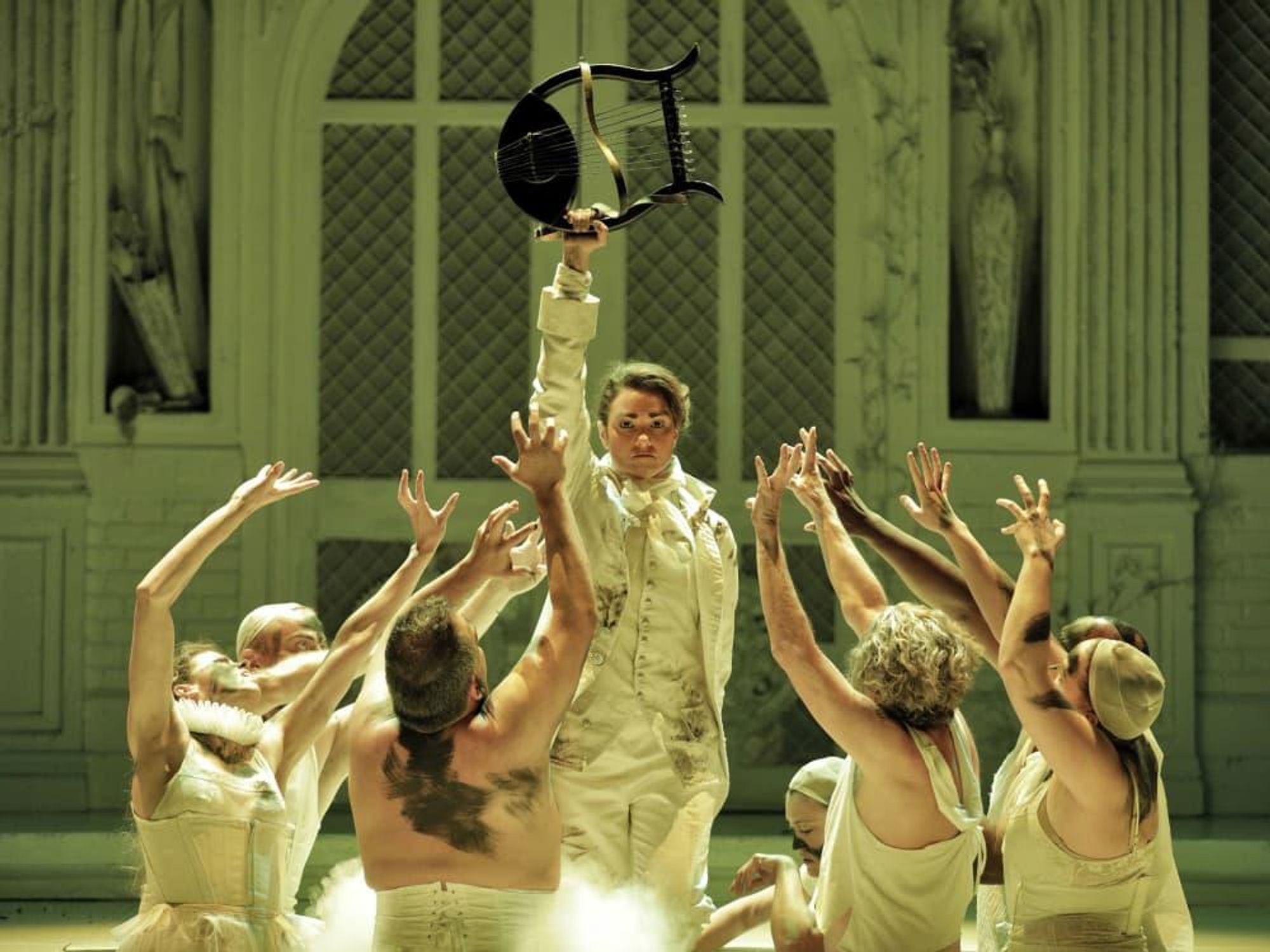Sad Math
COVID-19 losses for Dallas arts and culture revenue top $33 million

Even though "fine arts performance halls" are allowed to reopen at 50 percent capacity (for now, at least), many of Dallas' arts groups aren't risking it.
The Dallas Opera has pushed all programming to 2021, Texas Ballet Theater will now start its season in November 2020, all Dallas museums remain closed, and numerous theater companies have adjusted their lineups to start later in the year or even into the next.
Since the COVID-19 pandemic was declared in March, how much has it affected the Dallas nonprofit arts and culture community? Losses of more than $33 million and more than 600 jobs, it turns out.
A survey was conducted earlier this month by a trio of Dallas arts advocacy organizations: The Arts Community Alliance (TACA), Dallas Arts District (DAD), and Dallas Area Cultural Advocacy Coalition (DACAC).
The 57 Dallas-based nonprofit arts and cultural organizations that participated "reflect a diverse range of size, age, and genre, serving every corner of the city." Survey questions covered the period from March 13 — when almost all cultural facilities were closed — through May 31, 2020.
According to responses, the forced closures caused:
- Performing arts organizations to cancel or defer 804 performances
- Visual arts organizations to close, collectively, for 747 attendance days
- All groups together to cancel or reschedule 2,609 workshops, classes, and programs
Collectively, the groups projected their lost or deferred attendance numbers were $1.3 million for the 2.5 month period.
"These survey findings reflect the significant damage the COVID-19 pandemic has had on the arts community in Dallas," says Terry D. Loftis, TACA president and executive director, in a release. "When we fielded the survey, we anticipated the results would bring that impact to light, but these finds are truly staggering.
"The Dallas creative community has been impacted in ways we might never have anticipated, and without private and civic investment, we'll be challenged to reverse the damage caused by the pandemic, affecting our community as a whole, artists, arts organizations, and audiences for the long term."
During those months, many groups were able to retain staff due to CARES Act funding through the Small Business Administration loans:
- 40 cultural groups received PPP loans, many of which are forgivable.
- 12 organizations also applied for Economic Injury Disaster Loans (EIDL)
- A handful of applications were awaiting funding or approval
- 16 small organizations did not apply for SBA support, 11 saying they were not eligible
To achieve forgiveness of these loans, recipients were required to keep a number of staff employed at certain pay levels for a period of time, usually eight weeks. Most of those loans begin expiring this month. This is already causing some groups to implement new furloughs or layoffs, while others are implementing salary reductions for the staff that remain.
Included in the total $33.65 million losses are $2.36 million in increased and unanticipated expenses, including the costs of making offices and cultural facilities safe for patrons, staff, and artists before they reopen.
Adding to the levels of concern: severe projected budget cuts to the City of Dallas Office of Arts and Culture, as officials grapple with millions of dollars in lost revenue due to the impact of COVID-19 on the economy.
"The arts generate revenue, so these closures have ripple effects across the city's economy," says Lily Weiss, executive director of the Dallas Arts District. "We not only lose the direct spending of these groups and that of the employees laid off, but also the revenue tied to restaurants, lodging, tourism, retail, transportation, and more — all of that is gone."
The nonprofit arts and culture sector in Dallas alone was generating an annual economic impact of $891 million and supporting 13,000 jobs, according to a 2015 study from Americans for the Arts. The sector drives tourism, boosts property values, and helps attract corporate relocations and talent. That economic impact also generates $45 million in local tax revenue.
Of the survey respondents, 67 percent of non-performance-based groups have set a date for reopening, while 44 percent of performance-based respondents have in some way committed to a reopening date.
"The arts sector is made up of small businesses and an important part of our city's economy," says Joanna St. Angelo, president of the DACAC, a political advocacy group representing a wide range of the city's cultural organizations. "We felt nobody had a handle on what was happening to our arts community. This study gave us a pulse rate, and right now the prognosis isn't good."
